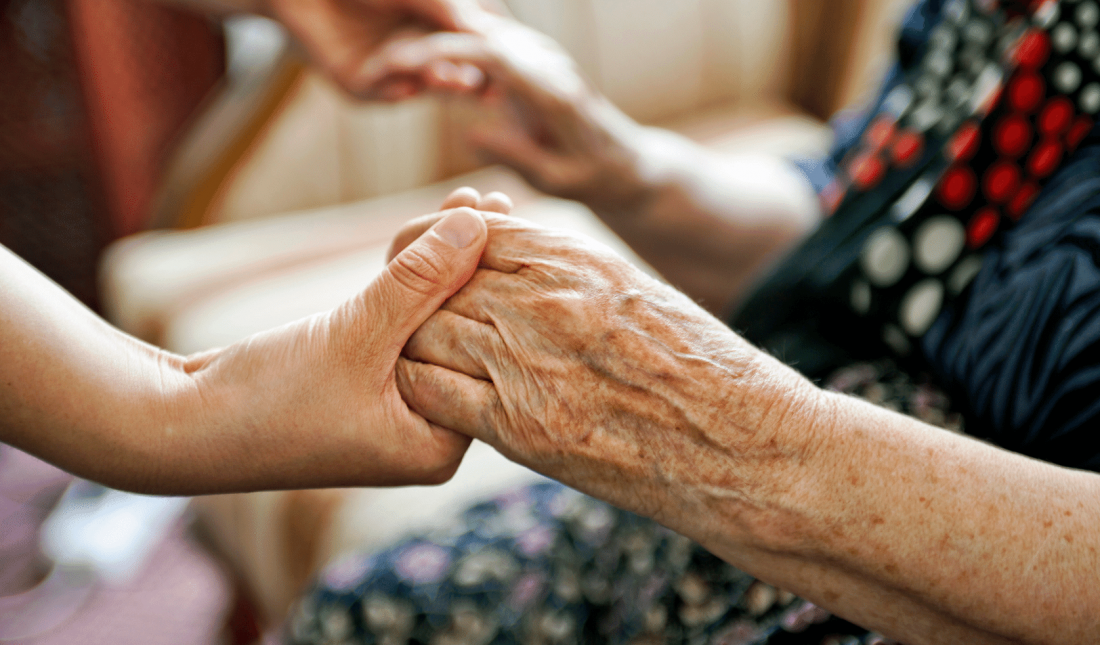Lebanon: TEC-MED project trains future socio-health professionals in the transcultural socio-ethical model of care in the Mediterranean

The TEC-MED Project: “Development of a Transcultural social-ethical-care model for dependent populations in the Mediterranean basin” since its inception has aimed at creating an innovative, integrated, and patient-centered care model in six Mediterranean countries: Spain, Lebanon, Tunisia, Greece, Egypt, and Italy.
Through the training of training agents in each country, this new transcultural social and ethical model of care for old age will allow for improving the care of the older persons through an integrated assessment and interventions through an online platform.
Training of Training Agents in Lebanon
Institute for Development, Research, Defense, and Applied Attention, IDRAAC has selected the 6 main training agents who started their training in October 2021. Through their training, they have been introduced to the basis of the project as well as the training and care platforms.
Sessions were held either live or online with practice sessions and pre-pilot activities to test the platforms and protocols.
The training sessions for the training agents covered different topics:
- An introduction to the TEC-MED project
- An overview of the Lebanon – Action plan of the TEC-MED model
- An overview of the Capacity-building plan
- Tools and scales used in the assessment and interventions
- The main protocol for interviews and interventions
- Management of the TEC-MED & care platform
- Evaluation indicators as well as testing & evaluation
The main learning outcomes of their training (online and live training) included:
- To understand the TEC-MED Project
- To understand the TEC-MED Theoretical Model
- To understand the role of Training Agents in the Project
- To understand the TEC-MED Project’s Implementation and Action Plan
- To understand the TEC-MED Project’s Interventions
- To be able to identify stakeholders, resources, and strategies needed for the implementation of the model
- To understand the dimensions of the assessment and associate them with the different scales.
- To understand the different scales and apply them correctly.
- To be able to identify appropriate stakeholders and materials for the training.
These training sessions have allowed them to correctly use the care and training platforms as well as identify areas for improvement in each.
In addition, weekly follow-up sessions are held with training agents to identify challenges related to the pilot and increase their capacity and outreach to beneficiaries. This has helped improve results during the preliminary and pilot phases. After the training, the socio-health professional will work on developing the pilot phase.







